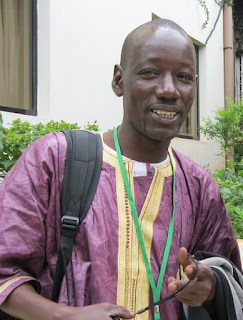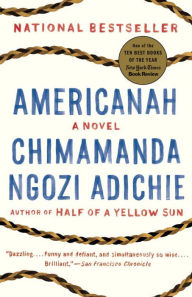Fare thee well, Boukary

Photo courtesy of Suzanne Lehn Boukary Konaté , 1977 (?) - September 2017 He left us much too soon. Around early 2009, as I was still new on Twitter, I looked for Africa-centric communities and found Global Voices , and then Claire Ulrich , Anna Gueye , and finally Boukary Konaté from Bamako, Mali. We became quite friendly - albeit online - and I admired his desire to further his own education as well as promote and safeguard Malian culture, and bring the internet to rural areas. A group of his online friends, led by First World Music 's Akenataa Hammagaadji, in New York, sent him a solar backpack for that purpose. Boukary was a teacher in a Bamako high school. He wrote one of the rare blogs in Bambara, in fact one of the rare blogs in any African language in general: Fasokan . The blog won a Bobs (Best of the Blogs) award in 2012. In 2014, he created a blog and Facebook page called " Quand le Village se réveille " (When the village awakes), that showcased t

